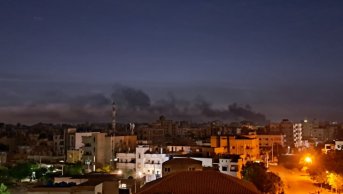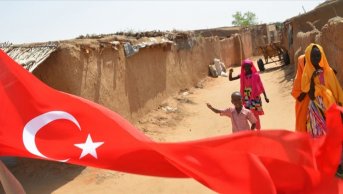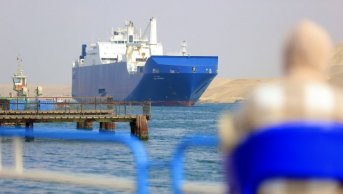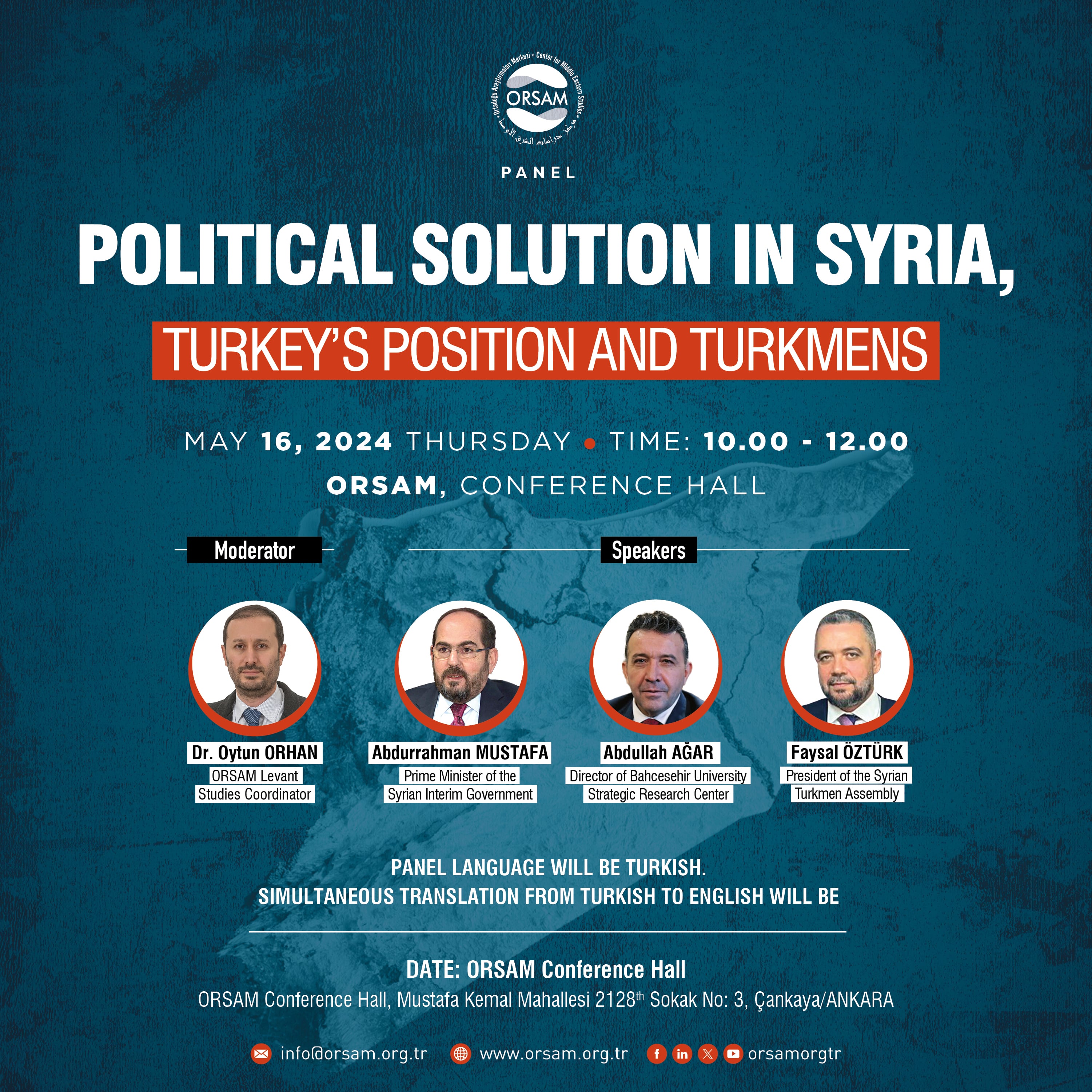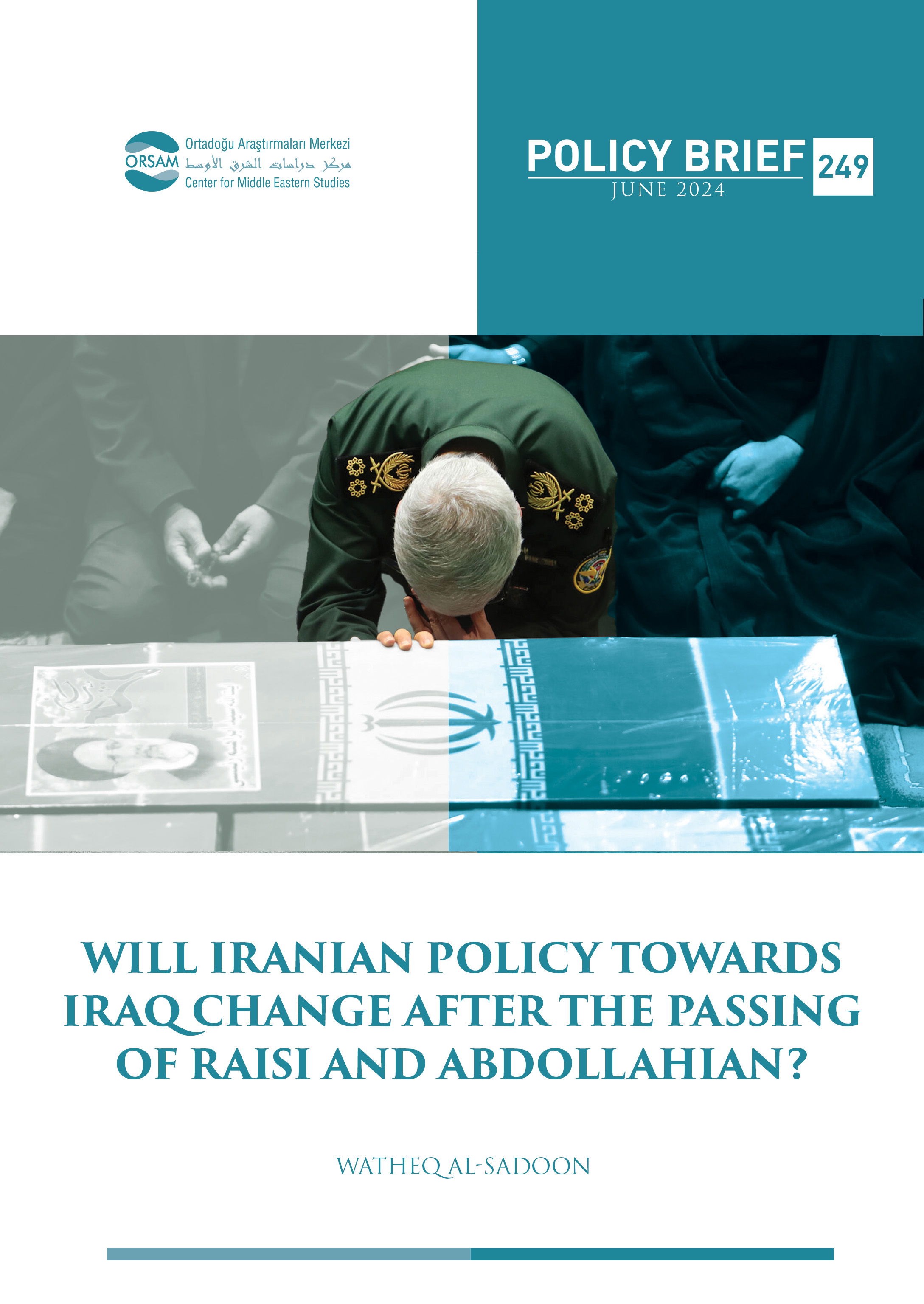Civil War in the Shadows: Sudan
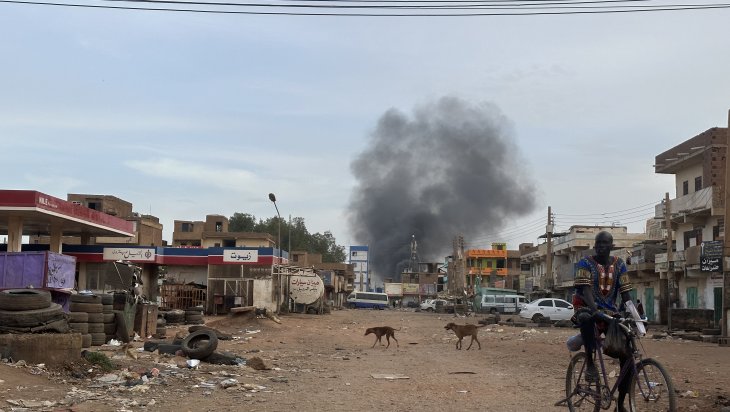
Due to its location at the intersection of the Horn of Africa and the Red Sea, Sudan is a significant actor in regional geopolitics. Its proximity to critical sea routes and natural resources, such as oil and minerals, enhance Sudan's importance. Stability in Sudan directly affects its neighbouring countries, including South Sudan, Egypt, Ethiopia, and Eritrea, as well as the broader Red Sea region. These effects encompass geopolitical issues, forced migration flows, and security concerns arising from the conflict. Therefore, Sudan lies at the heart of regional stability, stretching from the Nile to the Euphrates. Thus, unless the conflict in Sudan is resolved, regional and global economies will continue to suffer.
The civil war in Sudan, which began in April 2023, has led to a severe humanitarian crisis, with 25 million people facing food insecurity, and it has created a deadlock in the country's path to stability. The clashes between the Sudanese Armed Forces and the Rapid Support Forces (RSF) have resulted in tens of thousands of deaths and millions of injuries or displacements. The capital of North Darfur, El Fasher, is under siege by the RSF, enduring constant bombardments, airstrikes, and ethnic violence. Recently, the conflict has intensified in the capital, Khartoum, and the historical city of Sennar, in the country's southeastern part. Overshadowed by the events of October 7 in Gaza, the conflict in Sudan demands the attention of the international community, particularly in addressing humanitarian suffering and finding a resolution.
Regional and Global Interactions in the Sudanese Civil War
Egypt is undoubtedly one of the most influential actors in Sudan, historically and currently. Egypt views Sudan as a vital country for its national security. Especially in the context of the Grand Ethiopian Renaissance Dam (GERD), which Ethiopia has been filling substantially over the past four years since its construction in 2011, the issue of the Nile River's water flow has been a central agenda item for Cairo. However, the civil war in Sudan has presented Egypt with a second geopolitical challenge. Therefore, stability in Sudan is critical for Egypt to control the Nile waters, which are crucial for agriculture and water supply.
Another central actor interacting with the Sudanese civil war in the context of the GERD is Ethiopia. Ethiopia is also concerned about the al-Fashaga border dispute, which has been on the agenda since the 1970s, as well as the refugee influx and potential instability along its border resulting from the civil war. Two years ago, the Fashaga issue came to the fore, resulting in the deaths of seven Sudanese soldiers, with the Ethiopian army blaming non-affiliated militias. According to reports from local media last week, militias took advantage of the Sudanese army's withdrawal from the Fashaga border due to the civil war and entered Sudanese territory. Hence, the civil war in Sudan has the potential to deepen existing crisis lines and trigger regional conflicts in the medium term.
Another actor directly affected by the civil war in Sudan is South Sudan, which seceded from Sudan in 2011. Depending heavily on Khartoum for oil exports via pipelines, South Sudan is directly impacted by the conflict. Disruptions in oil flow have severe economic consequences for South Sudan, exacerbating existing internal political and security crises.
In the context of regional interactions, the interconnected nature of Chad, Libya, the United Arab Emirates (UAE), and Saudi Arabia is noteworthy. Libya's de facto division since the fall of Muammar Gaddafi in 2011 and the deepening international crisis with Haftar since 2014 have created a crisis belt from the Sahel to Sudan. In the current Sudanese civil war, this dimension is driving the crisis into a deadlock through the RSF's existing connections with Chad and Libya and the UAE's support, according to a report by the Sudanese Army to the UN Security Council. This situation also complicates Saudi Arabia's mediation efforts, along with those of the UAE, the US, and the UK, among the conflicting parties.
In recent months, the growing closeness of Russia and Iran with the Sudanese Armed Forces has also been noteworthy. While Russia has been planning to establish a base at the Flamingo Naval Base on the Red Sea in Sudan since 2017, Iran is consolidating its influence by filling the vacuum in Sudan, where it has not been a prominent, influential actor for many years. Both actors provide security equipment to the legitimate government, the Sudanese army. Iran's provision of Unmanned Aerial Vehicles, in particular, highlights its role as a “security-contributing actor” in the Sudanese field.
The Deepening Humanitarian Crisis and the Responsibilities of the International Community
According to reports from the UN and other international organisations, the humanitarian crisis in Sudan has reached critical levels. In a country with a population of 50 million, 25 million people are struggling with acute food insecurity. Humanitarian efforts face significant obstacles due to the conflict; attacks on aid workers are increasing, and aid operations are inadequate. This situation alone necessitates international intervention to achieve an immediate ceasefire in Sudan.
The international community must undertake urgent and coordinated intervention to alleviate the humanitarian crisis in Sudan. Diplomatic pressure should be increased to ensure a ceasefire between the conflicting parties and the unhindered delivery of humanitarian aid. Additionally, more financial support is needed to meet the UN's $2.7 billion humanitarian aid appeal, and logistical support should be provided for aid operations. International actors should develop a coherent strategy to support the peace process in Sudan and ensure long-term stability.
In conclusion, the civil war in Sudan constitutes a severe crisis that disrupts regional and global balance. Sudan's strategic location and natural resources extend the conflict's effects beyond regional actors to impact the international system. Considering its effects on Egypt, Ethiopia, South Sudan, and other regional countries, ensuring stability in Sudan is vital not only for the country but for the entire region and beyond. The international community must fulfil its responsibility towards Sudan and take concrete steps without further delay, providing urgent humanitarian aid, increasing diplomatic pressure, and coordinating efforts for sustainable peace.
This opinion piece was published in Turkish on June 29, 2024, on the Sabah Perspective website under the title “Gölgede Kalan İç Savaş: Sudan”

